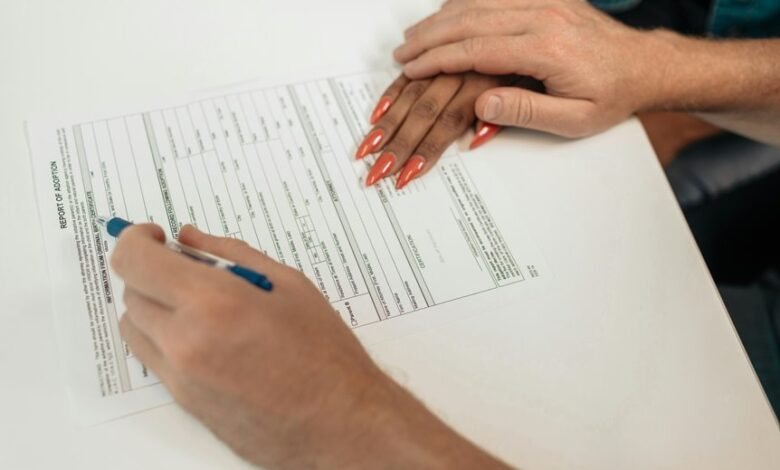Reliability Caller Identity Enforcement Compliance Unit 3515137057 3887218373 3458486379 3318501137 3778826141 3279322855

The Reliability Caller Identity Enforcement Compliance Unit, identified by compliance numbers such as 3515137057 and 3887218373, serves a pivotal function in telecommunications. This unit systematically monitors caller ID accuracy to address issues like spoofing, which undermines consumer trust. Their methods and operations warrant further examination. Understanding the complexities of their role may reveal critical insights into how caller ID systems can be fortified against fraudulent activities. What measures are truly effective in this ongoing battle?
The Importance of Caller ID Accuracy
Caller ID accuracy plays a crucial role in telecommunications, influencing both user experience and overall network integrity.
Effective caller verification mechanisms enhance trust among users, fostering confidence in the authenticity of incoming calls. This trust enhancement is vital in a landscape where misinformation can lead to significant disruptions.
Consequently, accurate caller ID systems are essential for promoting transparency and accountability within communication networks.
Understanding Spoofing and Its Implications
Spoofing, a technique employed to manipulate caller ID information, poses significant challenges within the telecommunications landscape.
Caller spoofing facilitates identity theft, as malicious actors can misrepresent themselves to deceive individuals and organizations.
This manipulation undermines trust in communication systems, complicating efforts to secure personal information and maintain privacy.
Understanding the implications of spoofing is crucial for safeguarding against these growing threats.
How the Compliance Unit Operates
The manipulation of caller ID information necessitates a robust response to mitigate its harmful effects.
The Compliance Unit operates through stringent compliance protocols aimed at ensuring caller identity integrity. Utilizing advanced enforcement mechanisms, the unit monitors telecommunications transactions, identifies discrepancies, and implements corrective measures.
This systematic approach fosters transparency, protects consumers, and upholds the principles of freedom and privacy in communication networks.
Steps to Protect Yourself From Telecommunications Fraud
A significant number of individuals remain vulnerable to telecommunications fraud, necessitating proactive measures for protection.
Implementing robust telecom security protocols, such as enabling two-factor authentication and regularly updating passwords, significantly enhances fraud prevention.
Additionally, individuals should remain vigilant against unsolicited calls, verify the identity of callers, and educate themselves about common scams, thereby empowering themselves against potential threats in the telecommunications landscape.
Conclusion
In the intricate web of telecommunications, the Reliability Caller Identity Enforcement Compliance Unit stands as a vigilant guardian, ensuring the clarity of caller ID amidst the shadows of deception. By meticulously monitoring compliance numbers, they illuminate the path toward trust and transparency, safeguarding consumers from the lurking dangers of spoofing. Their relentless efforts weave a safety net, allowing users to navigate the digital landscape with confidence, thereby reinforcing the integrity of communication networks in a world rife with uncertainty.





